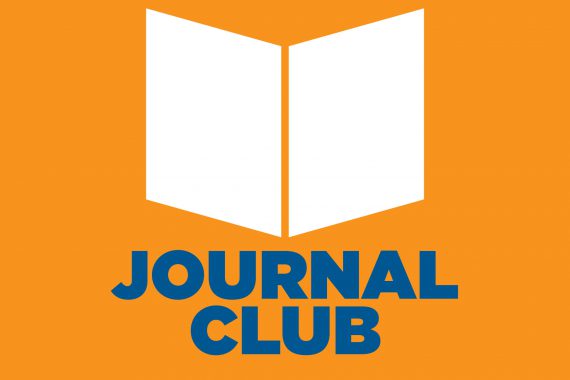Mediterranean diet and olive oil consumption may reduce risk of breast cancer

The study
This was an RCT of 4300 women aged between 60 and 80 years old, done as part of the predimed study in Spain which assessed the effects of a mediterranean diet based on fish, extra virgin olive oil and plant foods.
Adherence monitored by dieticians, the patients were randomly designated to one of the following three diets:
- Mediterranean diet supplemented with extra virgin olive oil (1l/week for patients and their families)
- Mediterranean diet supplemented with 30 g of mixed nuts daily (30 g/day: 15 g walnuts, 7.5 g hazelnuts, and 7.5 g almonds)
- Control group of participants on a low fat diet
Main findings
- The median follow-up period was 5 years
- A total of 35 patients were diagnosed with breast cancer, divided between the dietary groups as follows:
– Mediterranean diet supplemented with extra virgin olive oil, 8 patients
– Mediterranean diet supplemented with 30 g of mixed nuts daily, 10 patients
– Control group of participants on a low fat diet, 17 patients - Patients on the Mediterranean diet with olive oil had a 68% relatively lower risk of breast cancer compared to control group patients
What does this mean for GPs?
- This study indicates that a mediterranean diet may reduce the risk of breast cancer. However it had a number of limitations. Despite the large number of participants (around 4300), the number with breast cancer was extremely low (35). In addition the main outcome that the trial was looking at was cardiovascular disease.
- The authors admit that the results ‘are based on few incident cases and, therefore, need to be confirmed in longer-term and larger studies’
- However in view of other well documented benefits of a mediterranean diet, GPs may consider sharing the findings of this study with their patients (particularly those who may be at high risk of breast cancer) as part of their efforts to motivate patients and provide an incentive to improve their diet in general.
The paper
JAMA (Journal of the American Medical Association) Internal Medicine: September 2015
Visit Pulse Reference for details on 140 symptoms, including easily searchable symptoms and categories, offering you a free platform to check symptoms and receive potential diagnoses during consultations.









